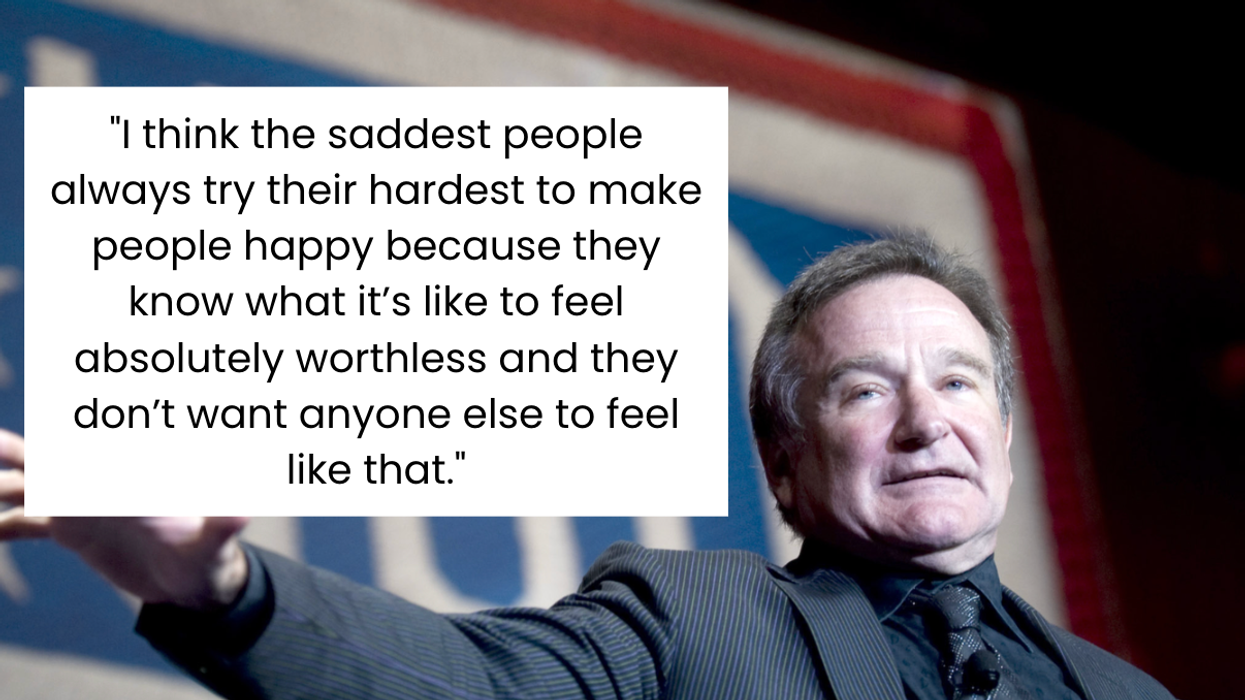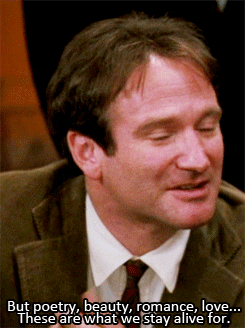New beginnings are special, but so are endings. Especially when they mark a fulfilling journey. This is exactly what happened with this pilot in a video shared on Reddit by u/EcstaticSociety4040, who honored his wife of 43 years before his last flight. The bond the couple shares is heartwarming to look at and the speech the pilot delivers is equally so. It just goes to show that good partners can make a huge difference in each other’s lives and make every part of the journey beautiful. This 65-year-old pilot said 'this is it' to his career in a memorable way and the internet is getting emotional over it. Well, how can you not shed a few tears while witnessing love like this?

Andy DeGroot, the pilot who’s retiring, introduces himself to the people in his flight. He says that he’ll be the serving captain for today and that it’s his last flight as he has reached retirement age. He expressed that he feels honored and privileged to be here today and then introduced his wife, Karin, whom he continued to hold in a warm embrace throughout the video. He also points out that his daughter and daughter-in-law were also present on the flight as well. While giving his speech, his sons were present in the cockpit. One of them is a dispatcher at Delta, the same airline the dad was about to conduct his last flight for and the other is a traffic air dispatcher in Atlanta.

He then shared that his wife had been with him for 43 years and had been his wingman throughout their time together. That day, he wanted to give her a set of wings by becoming her wingman. He continued and announced the gift: they have a lot of six-month deployments in the Navy and a lot of three or four-day trips with Delta. His wife had tears of joy in her eyes at the end. His gift was indeed precious for anyone—a true set of wings. The comments found the moment, as well as the presence of his entire family, super touching. While a few others had a hilarious take on the “last flight” announcement, the common consensus was that the couple was absolutely made for each other.


u/SensitiveWasabi1228 commented, “This is so precious. He seems like a lovely man who loves his wife and I really like the fact that his boys decided to work in the aviation business as well. I loved when he said he had them both in the cockpit with him. They must respect him a lot.” Another user, u/Forsaken-visual, joked, “I like all the insurance of all his family members he mentions are on board in case anyone was worried it was going to be everyone’s last flight - very cute, I hope they have many happy years ahead of them!” Many users also thought that the wife would be flying the plane for some reason. Just goes to show that people believed that the pilot could go to any lengths for his wife!


















 Ladder leads out of darkness.Photo credit
Ladder leads out of darkness.Photo credit  Woman's reflection in shadow.Photo credit
Woman's reflection in shadow.Photo credit  Young woman frazzled.Photo credit
Young woman frazzled.Photo credit 





 Robin Williams performs for military men and women as part of a United Service Organization (USO) show on board Camp Phoenix in December 2007
Robin Williams performs for military men and women as part of a United Service Organization (USO) show on board Camp Phoenix in December 2007 Gif of Robin Williams via
Gif of Robin Williams via
Will your current friends still be with you after seven years?
Professor shares how many years a friendship must last before it'll become lifelong
Think of your best friend. How long have you known them? Growing up, children make friends and say they’ll be best friends forever. That’s where “BFF” came from, for crying out loud. But is the concept of the lifelong friend real? If so, how many years of friendship will have to bloom before a friendship goes the distance? Well, a Dutch study may have the answer to that last question.
Sociologist Gerald Mollenhorst and his team in the Netherlands did extensive research on friendships and made some interesting findings in his surveys and studies. Mollenhorst found that over half of your friendships will “shed” within seven years. However, the relationships that go past the seven-year mark tend to last. This led to the prevailing theory that most friendships lasting more than seven years would endure throughout a person’s lifetime.
In Mollenhorst’s findings, lifelong friendships seem to come down to one thing: reciprocal effort. The primary reason so many friendships form and fade within seven-year cycles has much to do with a person’s ages and life stages. A lot of people lose touch with elementary and high school friends because so many leave home to attend college. Work friends change when someone gets promoted or finds a better job in a different state. Some friends get married and have children, reducing one-on-one time together, and thus a friendship fades. It’s easy to lose friends, but naturally harder to keep them when you’re no longer in proximity.
Some people on Reddit even wonder if lifelong friendships are actually real or just a romanticized thought nowadays. However, older commenters showed that lifelong friendship is still possible:
“I met my friend on the first day of kindergarten. Maybe not the very first day, but within the first week. We were texting each other stupid memes just yesterday. This year we’ll both celebrate our 58th birthdays.”
“My oldest friend and I met when she was just 5 and I was 9. Next-door neighbors. We're now both over 60 and still talk weekly and visit at least twice a year.”
“I’m 55. I’ve just spent a weekend with friends I met 24 and 32 years ago respectively. I’m also still in touch with my penpal in the States. I was 15 when we started writing to each other.”
“My friends (3 of them) go back to my college days in my 20’s that I still talk to a minimum of once a week. I'm in my early 60s now.”
“We ebb and flow. Sometimes many years will pass as we go through different things and phases. Nobody gets buttsore if we aren’t in touch all the time. In our 50s we don’t try and argue or be petty like we did before. But I love them. I don’t need a weekly lunch to know that. I could make a call right now if I needed something. Same with them.”
Maintaining a friendship for life is never guaranteed, but there are ways, psychotherapists say, that can make a friendship last. It’s not easy, but for a friendship to last, both participants need to make room for patience and place greater weight on their similarities than on the differences that may develop over time. Along with that, it’s helpful to be tolerant of large distances and gaps of time between visits, too. It’s not easy, and it requires both people involved to be equally invested to keep the friendship alive and from becoming stagnant.
As tough as it sounds, it is still possible. You may be a fortunate person who can name several friends you’ve kept for over seven years or over seventy years. But if you’re not, every new friendship you make has the same chance and potential of being lifelong.